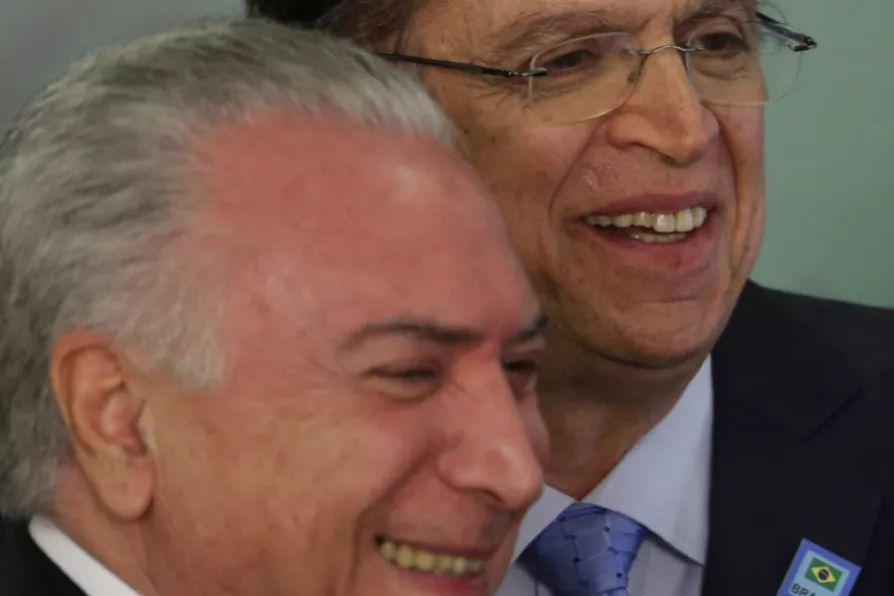Does widespread and uncontrolled use of AI change our relationship with scientific meaning? Or with each other? ask ROX MIDDLETON, LIAM SHAW and MIRIAM GAUNTLETT
Brazilian unions aren't lying down under attacks from Michel Temer's regime

 Brazil's Labour Minister Caio Luiz de Almeida Vieira de Mello, behind, stands with President Michel Temer
Brazil's Labour Minister Caio Luiz de Almeida Vieira de Mello, behind, stands with President Michel Temer
In Brazil, the far-right government of President Michel Temer had a victory over the country’s workers and unions last week, but the fighting spirit of the Brazilian working class seems to be undaunted.
Brazil has national elections on October 7 of this year, with a runoff on October 28 if necessary to decide the presidency. The current government is extremely unpopular and there are a huge number of parties contending the presidential elections. The degree to which worker and popular discontent can be translated into electoral victories for the left is now the big question.
Last year, Temer’s allies in Congress passed a series of devastating measures aimed at completely trashing workers’ rights on the job.
Similar stories













